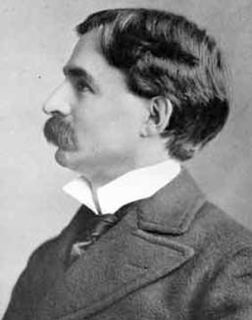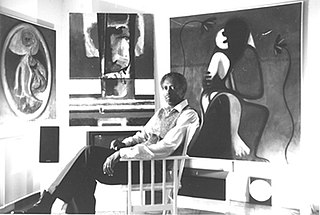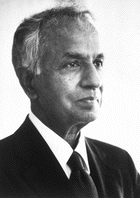A Quote by David Bohm
One thus sees that a new kind of theory is needed which drops these basic commitments and at most recovers some essential features of the older theories as abstract forms derived from a deeper reality in which what prevails in unbroken wholeness.
Related Quotes
The Western approach to reality is mostly through theory, and theory begins by denying reality - to talk about reality, to go around reality, to catch anything that attracts our sense-intellect and abstract it away from reality itself. Thus philosophy begins by saying that the outside world is not a basic fact, that its existence can be doubted and that every proposition in which the reality of the outside world is affirmed is not an evident proposition but one that needs to be divided, dissected and analyzed. It is to stand consciously aside and try to square a circle.
Superstring theories provide a framework in which the force of gravity may be united with the other three forces in nature: the weak, electromagnetic and strong forces. Recent progress has shown that the most promising superstring theories follow from a single theory. For the last generation, physicists have studied five string theories and one close cousin. Recently it has become clear that these five or six theories are different limiting cases of one theory which, though still scarcely understood, is the candidate for superunification of the forces of nature.
The theory of medicine, therefore, presents what is useful in thought, but does not indicate how it is to be applied in practice-the mode of operation of these principles. The theory, when mastered, gives us a certain kind of knowledge. Thus we say, for example, there are three forms of fevers and nine constitutions. The practice of medicine is not the work which the physician carries out, but is that branch of medical knowledge which, when acquired, enables one to form an opinion upon which to base the proper plan of treatment.
One of the most difficult features of direct experience is that it is unfiltered by any theories or expectations. It's hard to observe without imposing a theory to explain what we're seeing, but the trouble with theories, as Einstein said, is that they explain not only what is observed, but what can be observed. We start to build expectations based on our theories.
Macroscopic objects, as we see them all around us, are governed by a variety of forces, derived from a variety of approximations to a variety of physical theories. In contrast, the only elements in the construction of black holes are our basic concepts of space and time. They are, thus, almost by definition, the most perfect macroscopic objects there are in the universe.
Anyone who is kind to man knows the fragmentariness of most men, and wants to arrange a society of power in which men fall naturally into a collective wholeness, since they cannot have an individual wholeness. In this collective wholeness they will be fulfilled. But if they make efforts at individual fulfilment, they must fail for they are by nature fragmentary.
Every wild apple shrub excites our expectation thus, somewhat as every wild child. It is, perhaps, a prince in disguise. What a lesson to man! So are human beings, referred to the highest standard, the celestial fruit which they suggest and aspire to bear, browsed on by fate; and only the most persistent and strongest genius defends itself and prevails, sends a tender scion upward at last, and drops its perfect fruit on the ungrateful earth. Poets and philosophers and statesmen thus spring up in the country pastures, and outlast the hosts of unoriginal men.
The concept of guilt is found most powerfully developed even in the most primitive communal forms which we know... the man is guilty who violates one of the original laws which dominate the society and which are mostly derived from a divine founder; the boy who is accepted into the tribal community and learns its laws, which bind him thenceforth, learns to promise; this promise is often given under the sign of death, which is symbolically carried out on the boy, with a symbolical rebirth.





































